Massive rallies held in EU against Russia sanctions, soaring energy prices
Protests have been held across the European Union against soaring inflation and the rising costs of living caused by sanctions imposed on Russia.
Thousands of protesters took to the streets in some of the EU’s major capital cities, calling on the authorities to take measures and lift Russian sanctions.
In Berlin, protesters marched on the streets to show their disapproval of the government’s policies on soaring energy prices, crushing costs of living, and inadequate social policies, urging their government to lift the sanctions on Russian oil and gas supplies.
“From tissues to durable goods, everything is ridiculously expensive. Many people cannot afford their electricity and heating fees when they get their invoices, which usually come in spring next year. Tenants will also be unable to pay rent. What are we going to do then? We have no idea how chaotic it is going to be. So it's understandable that people are now full of fears about the future,” said a protester.
Several such rallies took place in Germany’s capital city on Saturday, and the largest one was organized by the Alternative for Germany (AfD) party outside the Reichstag building, the lower house of the German parliament.
In a speech, AfD co-leader, Tino Chrupalla, called for the removal of Russia sanctions, accusing Economy Minister Robert Habeck of waging a war against the German people by causing an energy crisis through the sanctioning of Russia.
The police estimate that about 10,000 participants took part in the rallies.
Some activists carried posters that said, “I want Russian gas and oil” and, “Those who remain silent today will freeze tomorrow.”
Since the beginning of Russia’s military operation in Ukraine, Western countries have increased sanctions pressure on Russia. Disruption in supply chains has led to higher fuel and food prices across the EU, driving inflation to record levels and causing cost of living to soar.
But due to the EU's overreliance on Russian gas, anti-Russian sanctions have caused more damage to EU citizens than they did to Russia, and as EU governments struggle to find alternatives to Russian oil, the masses are taking to the streets to voice their opposition to NATO’s proxy war on Ukraine.
Multiple rallies also took place in the capital of the Czech Republic on Saturday. Protesters gathered in Prague’s Wenceslas Square in protest of the government’s incapacity to address the crushing costs of living and the downgrade in living standards.
Numerous actions in Prague against anti-Russian sanctions, Nazi Ukraine, its own government and poverty#EuropeanUnion #crisis #sanctions #protests #Czech #Prague pic.twitter.com/IpzwxuDXY6
— Alexander Ivanov (@innova_center) October 8, 2022
Also, the Austrian Trade Union Federation (ÖGB) has been hosting a series of protests in the past few days in the streets of Austria's capital, Vienna, to protest the government's “inactivity” in addressing rising energy costs. Protesters also voiced their opposition to Brussels’ anti-Moscow sanctions.
Anti-government protests are continuing around the world. This time, in Vienna, Austria, thousands marched to protest sanctions on Russia and resulting oil & gas price-increases. Take a look.pic.twitter.com/2OzYYAxuvk
— Steve Hanke (@steve_hanke) October 7, 2022
Italians - mostly union and party members but also some local residents - also protested against the rising cost of living, inflation and energy tariff in the country and denounced the lack of government action to help the less well-off.
Last month, Hungary's Prime Minister, Viktor Orban, called for a ceasefire to end the Russia-Ukraine war and said the sanctions had “backfired” and was dealing a blow to Europe's economy.
“Initially, I thought we had only shot ourselves in the foot, but now it is clear that the European economy has shot itself in the lungs, and it is gasping for air,” Orban said in an interview with a local public radio.
Orban has insisted that EU leaders should reconsider their strategy, as sanctions have caused widespread harm to the European economy without weakening Russia or helping resolve the months-long conflict.
Despite Leader's martyrdom, Islamic Republic firmly in control and punishing the enemy
At least 31 killed in Israeli aggression on southern Lebanon after Hezbollah strikes
Iran writes to UN, warns about dire consequences for perpetrators following Leader's martyrdom
Hezbollah strikes occupied Haifa in retaliation for Leader's assassination
Ansarullah mourns Leader's martyrdom as 'great loss' caused by 'most wretched terrorists'
Hezbollah offers condolences to Iranian nation over Leader’s martyrdom
US-Israeli strike targets IRIB facility; broadcasts continue
IRGC: Latest waves of Op. True Promise 4 led to tanker strikes, base shutdowns, heavy casualties


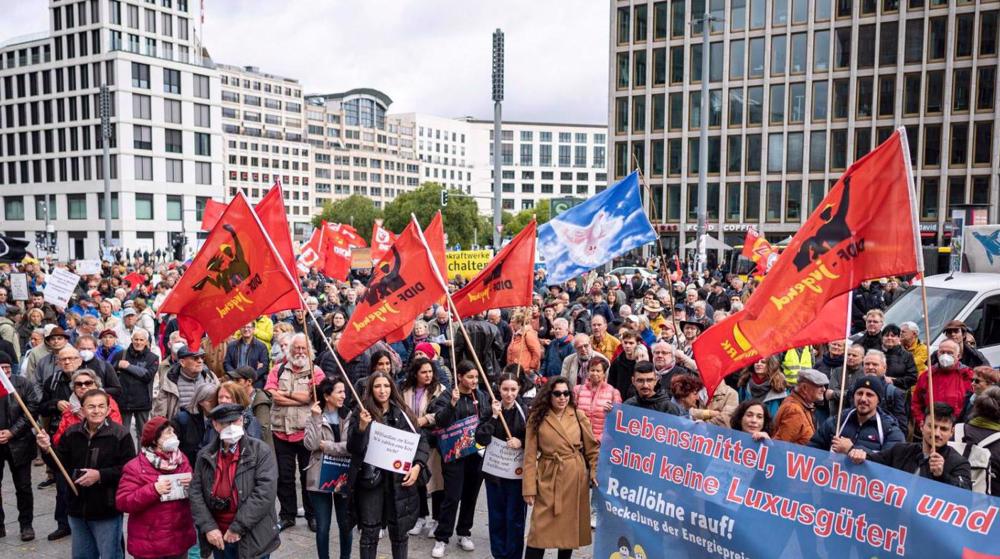
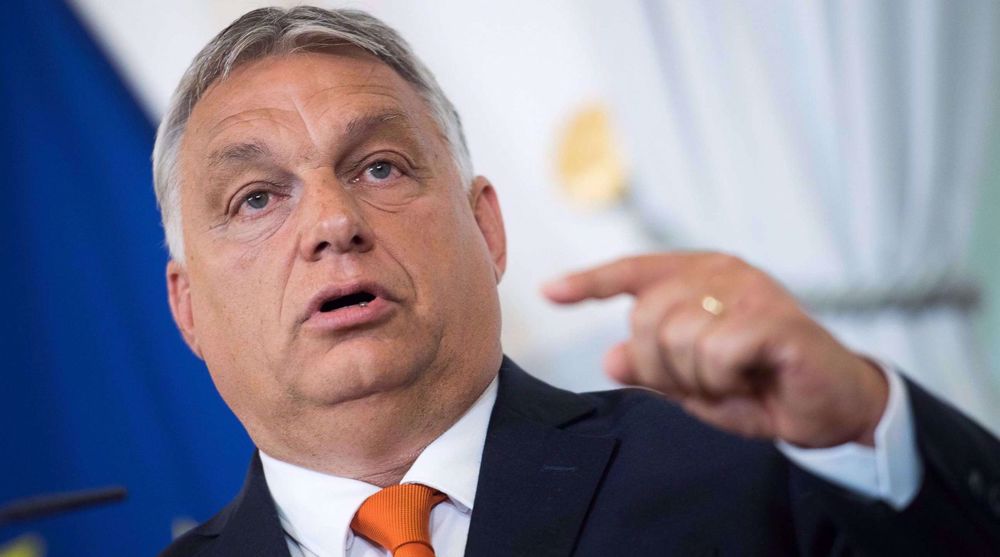
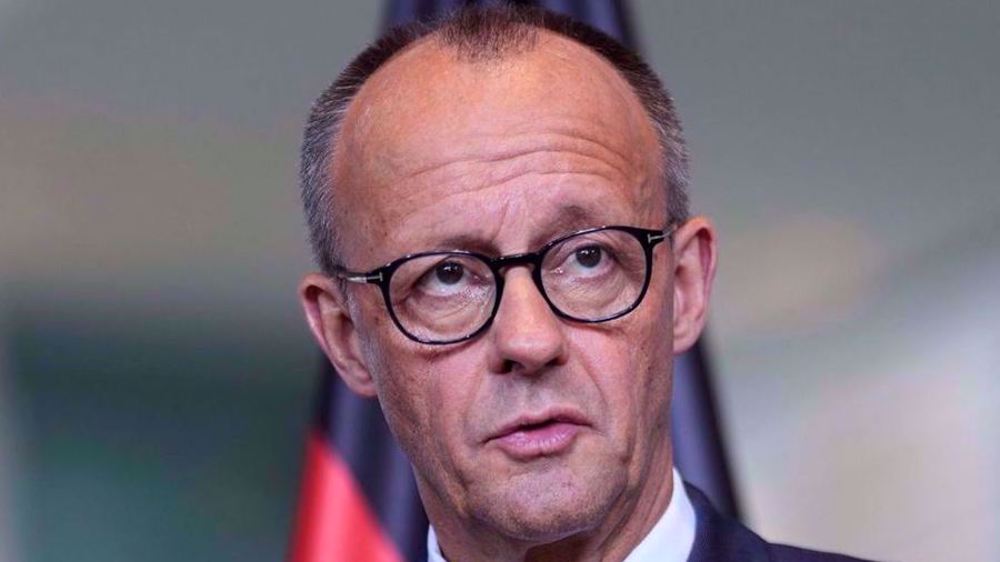

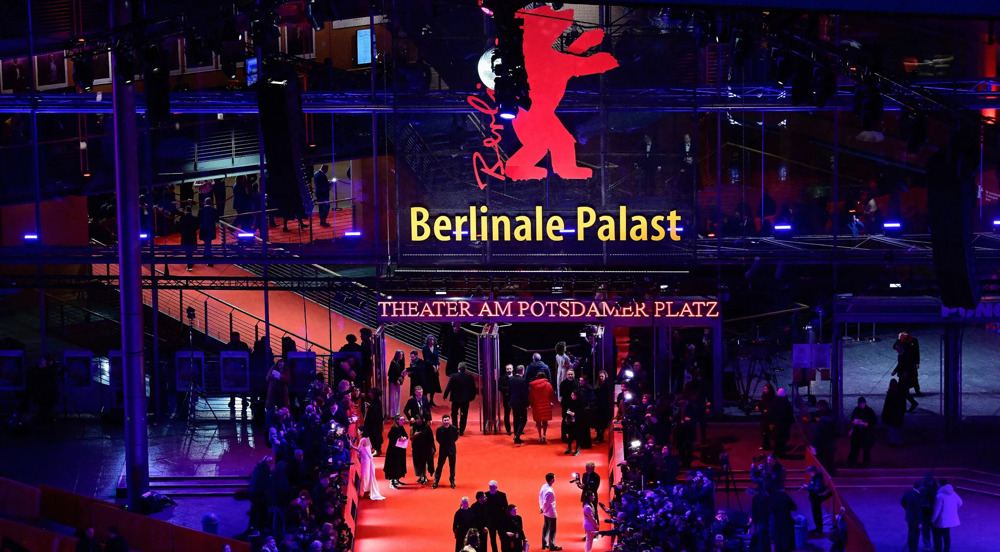





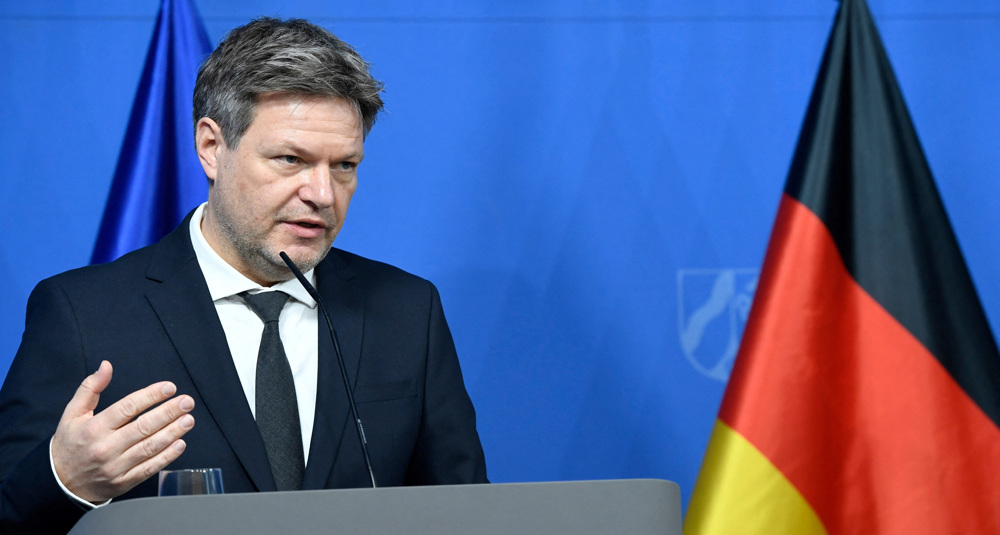
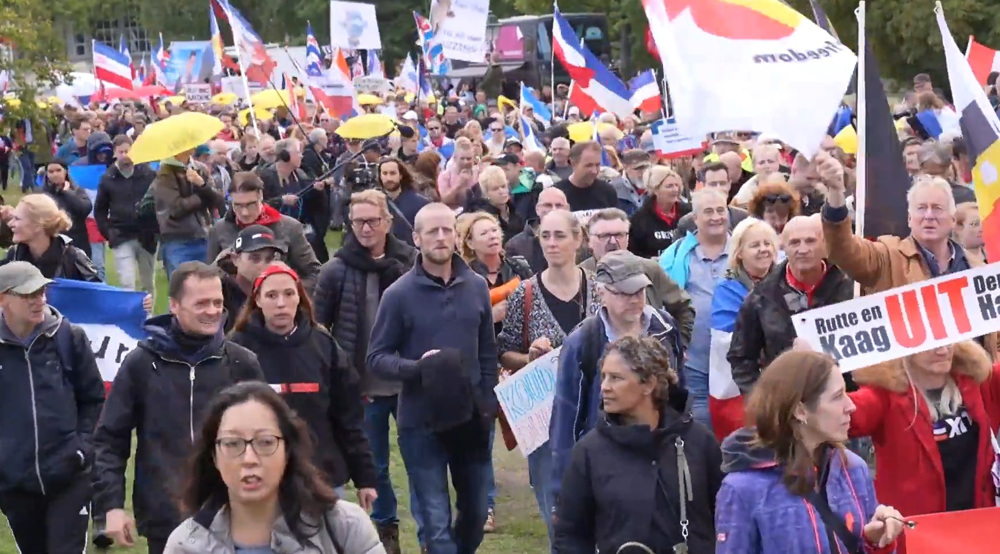
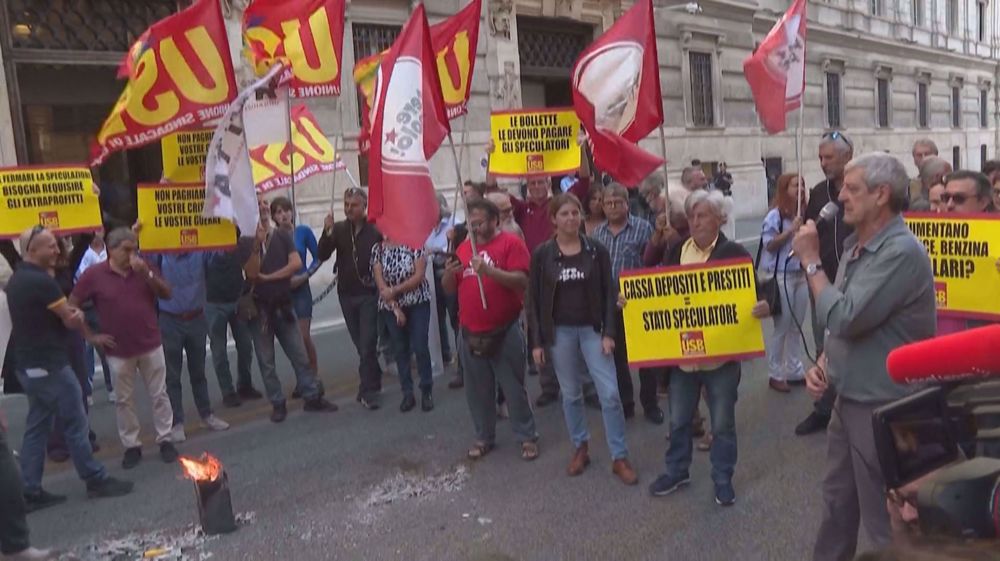

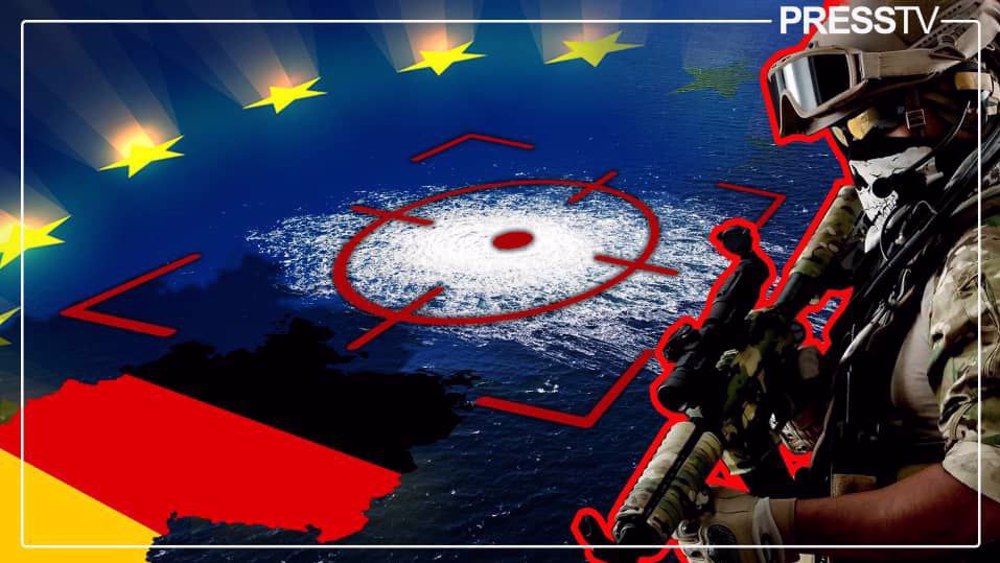

 This makes it easy to access the Press TV website
This makes it easy to access the Press TV website